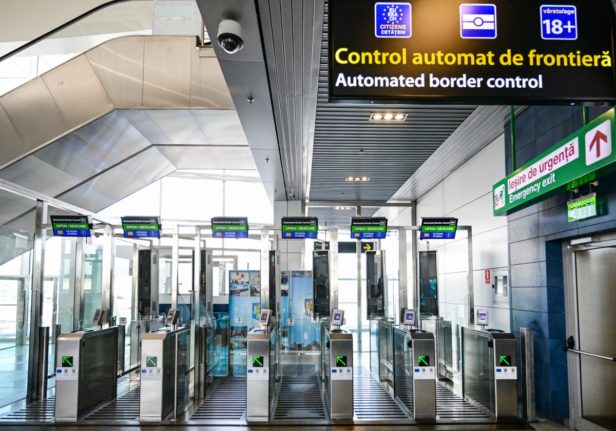“No regular passenger flights will take place from 0H on Friday to 01H onSaturday. More than 700 departures and landings are affected,” the airport said in a statement.
Exceptions would be made for emergencies, as well as for planes carrying leaders attending the security conference, it added.
The Verdi trade union had called for a walkout at seven German airports including the country’s busiest, Frankfurt.
Frankfurt airport, where traffic was severely hampered on Wednesday over an IT outage at Lufthansa, said operations “will be heavily disrupted through” Friday.
READ ALSO: Flight cancellations expected as workers strike around Germany
“Passengers are strongly advised to refrain from travelling to the airport. Connecting flights from FRA will also be affected by the strike,” it added.
Verdi is currently leading negotiations for public sector workers, airport ground crew and aviation security staff, demanding better pay at a time when workers are seeing their incomes eroded by the higher cost of living.
Other airports in the cities of Bremen, Dortmund, Hamburg, Hanover and Stuttgart will also be affected by the walkout.
The union staged a similar strike at Berlin Brandenburg airport last month, leading to the cancellation or rescheduling of around 300 flights.



 Please whitelist us to continue reading.
Please whitelist us to continue reading.
Member comments